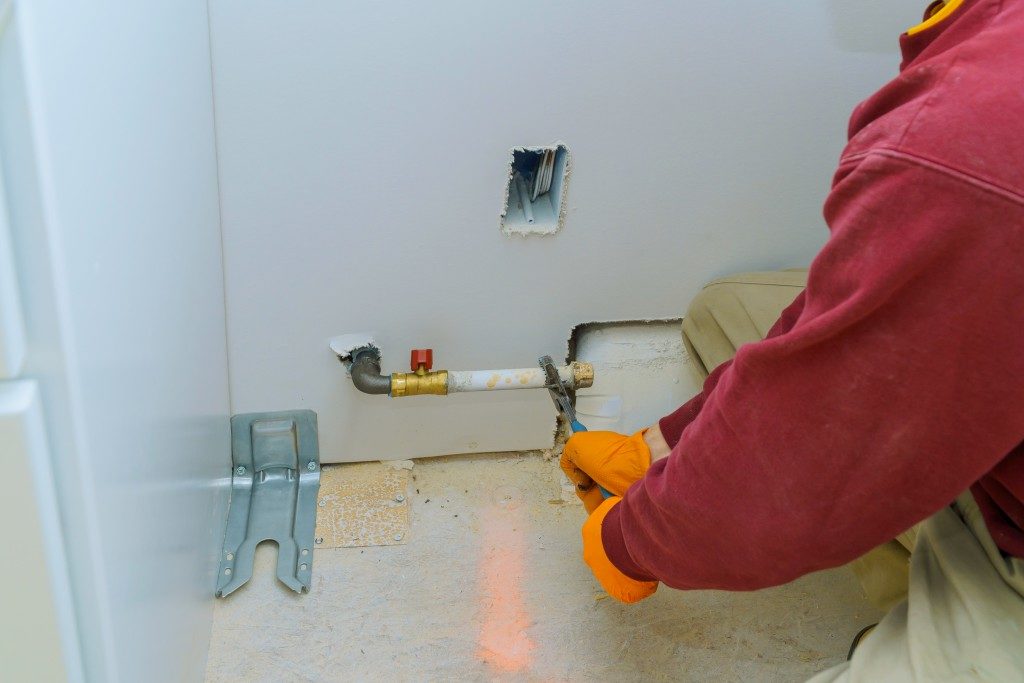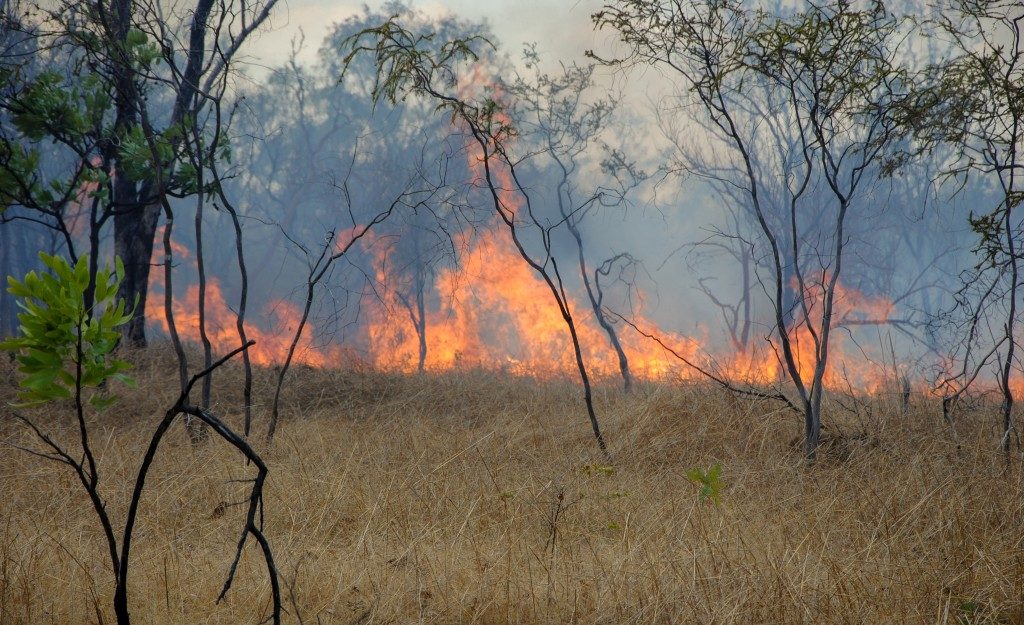Bushfires frequently occur throughout Australia, and particularly during the hot and dry summer months. Thankfully, due to our patterns of habitation and land usage, most such fires affect pasture and scrubland. However, the risk of even a small fire getting out of hand is always present. Disastrous bushfires in the past have caused vast area destruction of eucalyptus forests, millions of dollars in property damage and insurance losses, and resulted in large losses of life and affected thousands of families.
Fires can have natural causes, of course. But studies indicate that most bushfires occur near residential areas. Data from the Sydney region shows that 40% of brushfires originate within a two-kilometre zone between residence and forested areas. On days of high fire risk, this rises to 79%. If you live in a rural area, or an urban area close to bushland, preparing your household for fire safety and response will make a crucial difference for the whole community.
Here are some ways to be prepared.
Remove and reduce fire hazards
Within the home, you can begin by minimising organic debris such as fallen leaves or twigs, and cutting down branches or shrubbery overhanging or growing too close to the house. Ensure the home is well explicitly maintained by covering gaps and entrances with wire screens, as this prevents stray embers from getting in.
Remove fuel such as spare wood and volatile materials like paint, and store it in a shed clear of the house. While you’re at it, be sure to educate all household members on the nature of these risks and safety measures.
If possible, you can create firebreaks on the property. This may also be required in some areas. Make sure the breaks are well ploughed and maintained with regular weeding and herbicide.
Eliminate fuel

The effectiveness of large scale preventive burning has yet to be conclusively determined, and such activities are always best left to the local fire management agency. Still, on a small scale, this method can certainly minimise the risk to yourself and your property by burning potential fuel from the immediate area.
It is highly recommended that you actively consult with your local community before doing so, secure the necessary permits, and have a reliable means of extinguishing fires. Fire fighting trailers for sale are common in rural areas of the country and can handle a wide variety of situations. As a bonus, even in the absence of fires to put out, you can use them to water your plants and wash down your sheds.
Volunteer
As a homeowner, you are the first line of defence in fire safety. Taking the next step and volunteering in your local bushfire brigade will extend that invaluable support to the entire community. You’ll be able to work together with other volunteers and local response units and coordinate your efforts for faster and more effective firefighting action.
Unfortunately, recent data from organisations such as the NSW Rural Fire Service (RFS) indicates a decline in volunteerism. This may be due to administrative red tape, a lack of education on the need for local response, or a combination of factors. You can make a difference not only by helping put out fires, but by finding ways to improve communication, assist in training programs, and put under-utilised manpower to good purposes.
As we deal with a changing world, those of us who live on the bushland frontier must embrace the shared challenge and responsibility of dealing with fires so that individuals and communities can all live safely together.

